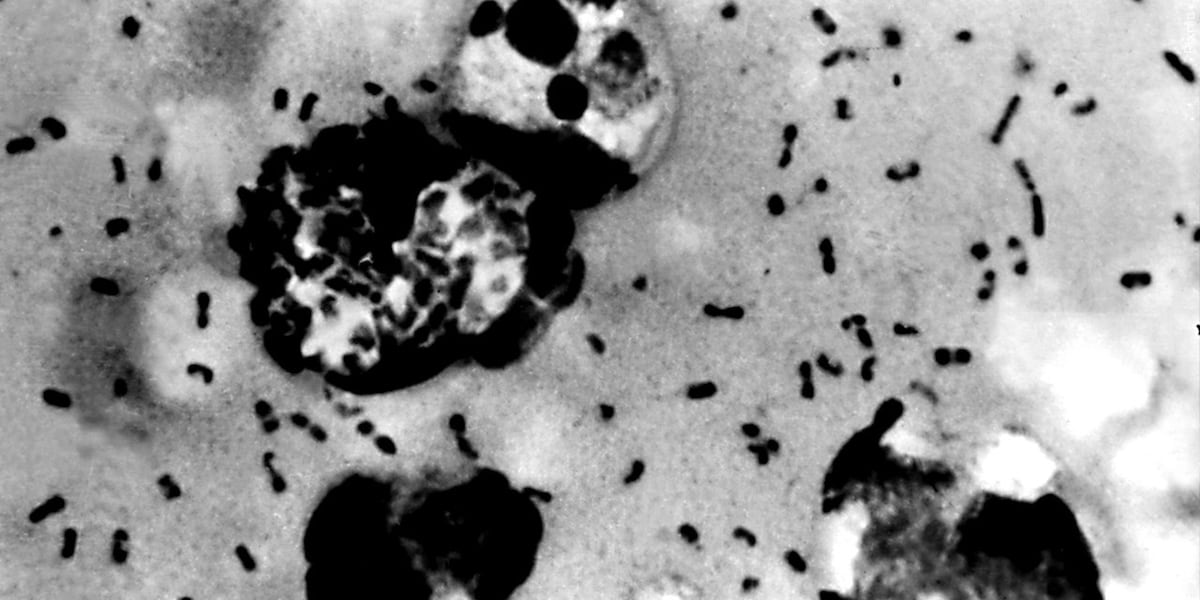No confirmed cases yet, but residents advised to take precautions
The La Plata County Public Health department is on the hunt for plague after confirmed reports of mass prairie dog deaths were reported in August. (Jerry McBride/Durango Herald file)
La Plata County Public Health is investigating a large prairie dog die-off that has raised suspicions of plague in several undisclosed locations across the county.
After receiving reports of unusual die-offs in prairie dog colonies in August, staff from the department’s communicable disease branch conducted on-site investigations, according to a news release.
The investigations included interviewing property owners and neighbors about recent changes in rodent activity and conducting field surveys to collect samples – including carcasses or fleas – said Public Health Director Theresa Anselmo.
While testing has not confirmed plague, reduced or absent activity has been observed in several colonies, Anselmo said.
Plague is a bacterial disease caused by Yersinia pestis. It is most often spread by the bites of infected fleas or through direct contact with infected animals such as prairie dogs, squirrels or rats.
There are three main types of plague: bubonic, which causes the swelling of the lymph nodes; septicemic, which occurs when plague bacteria enter the blood stream; and pneumonic, which affects the respiratory system.
In August, the department issued CodeRED alerts to residents in areas where prairie dog die-offs were reported. Staff also notified local health care providers and veterinarians to watch for plague symptoms in patients and pets.
“It’s not too concerning, but it is endemic in our area,” Anselmo said. “So it’s just something that we have to be concerned of and be aware – that is around all the time – and not something that necessarily people think about.”
The most effective tool against plague is public education, she said.
Plague, caused by bacteria transmitted through the bite of infected fleas or contact with infected animals, is known to occur in prairie dogs, rock squirrels, wood rats and other rodents in Colorado.
Plague can be treated in humans and pets if detected early. Symptoms include sudden onset of high fever and swollen lymph nodes. People who experience those symptoms are advised to seek medical care immediately. Pet owners should consult a veterinarian if their animal develops a high fever, abscess or swollen lymph nodes, as infected pets can transmit plague to humans.
To reduce risk of exposure, health officials recommend using insect repellent and protective clothing outdoors, keeping pets away from wildlife and on flea prevention, avoiding sleeping with pets, and not handling dead animals or animal waste.
They also caution against killing or eradicating prairie dogs, as it can cause fleas carrying plague bacteria to seek new hosts.
jbowman@durangoherald.com
